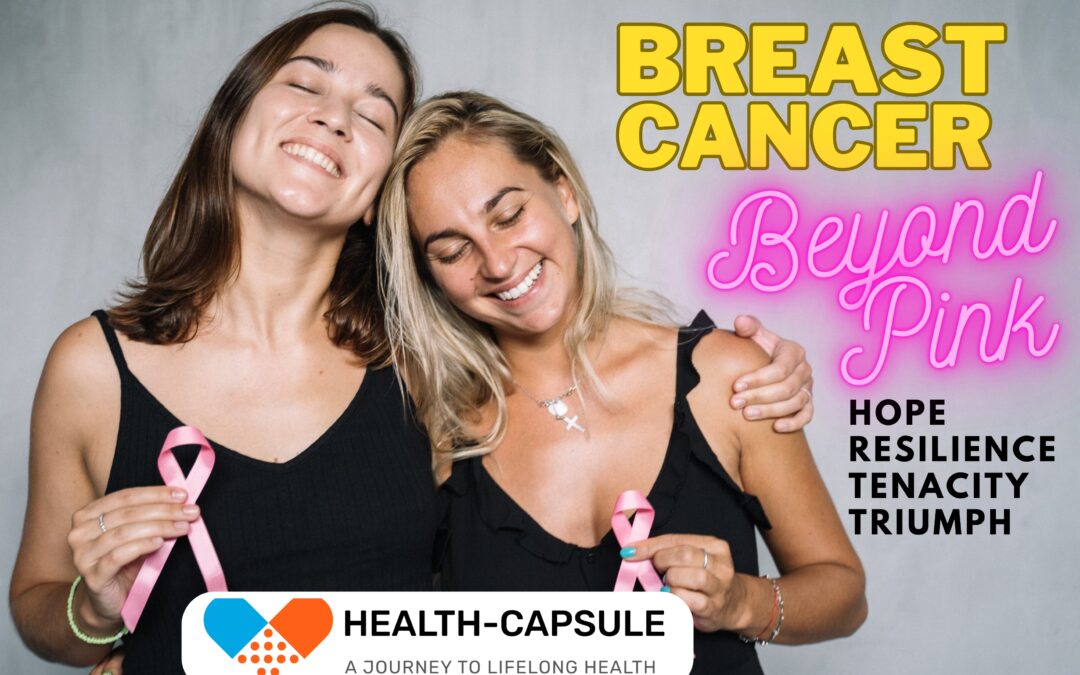
SURVIVING BREAST CANCER

To begin, let’s understand what breast cancer is. It is a type of cancer that starts in the cells of the breast.
To increase our awareness, I recommend watching informative videos like Triumph Over Cancer |Beyond Pink to grasp the fundamentals. Now, let’s delve into risk factors. Factors like age, genetics, and lifestyle choices play a role. Regular screenings, such as mammograms, are crucial for early detection. Prevention is within our control. A healthy lifestyle significantly reduces the risk of breast cancer. Proper nutrition, regular exercise, and avoiding tobacco and excessive alcohol contribute to overall well-being and lower the risk of cancer. Empowerment is key. Encourage regular breast self-exams, and be aware of any changes. Knowing your body is a powerful tool in the prevention arsenal.

To begin, let’s understand what breast cancer is. It is a type of cancer that starts in the cells of the breast.
To increase our awareness, I recommend watching informative videos like Triumph Over Cancer |Beyond Pink to grasp the fundamentals. Now, let’s delve into risk factors. Factors like age, genetics, and lifestyle choices play a role. Regular screenings, such as mammograms, are crucial for early detection. Prevention is within our control. A healthy lifestyle significantly reduces the risk of breast cancer. Proper nutrition, regular exercise, and avoiding tobacco and excessive alcohol contribute to overall well-being and lower the risk of cancer. Empowerment is key. Encourage regular breast self-exams, and be aware of any changes. Knowing your body is a powerful tool in the prevention arsenal.
Nutrition is a key player in prevention. We can add an extra layer by exploring specific foods and dietary habits that promote breast health.
My #1 Recommendation for a good nutrition if you have a breast cancer diagnostic:
My #1 Recommendation for a good nutrition if you have a breast cancer diagnostic:
Nutrition is a key player in prevention. We can add an extra layer by exploring specific foods and dietary habits that promote breast health.
Nutrition is a key player in prevention. We can add an extra layer by exploring specific foods and dietary habits that promote breast health.
My #1 Recommendation for a good nutrition if you have a breast cancer diagnostic:
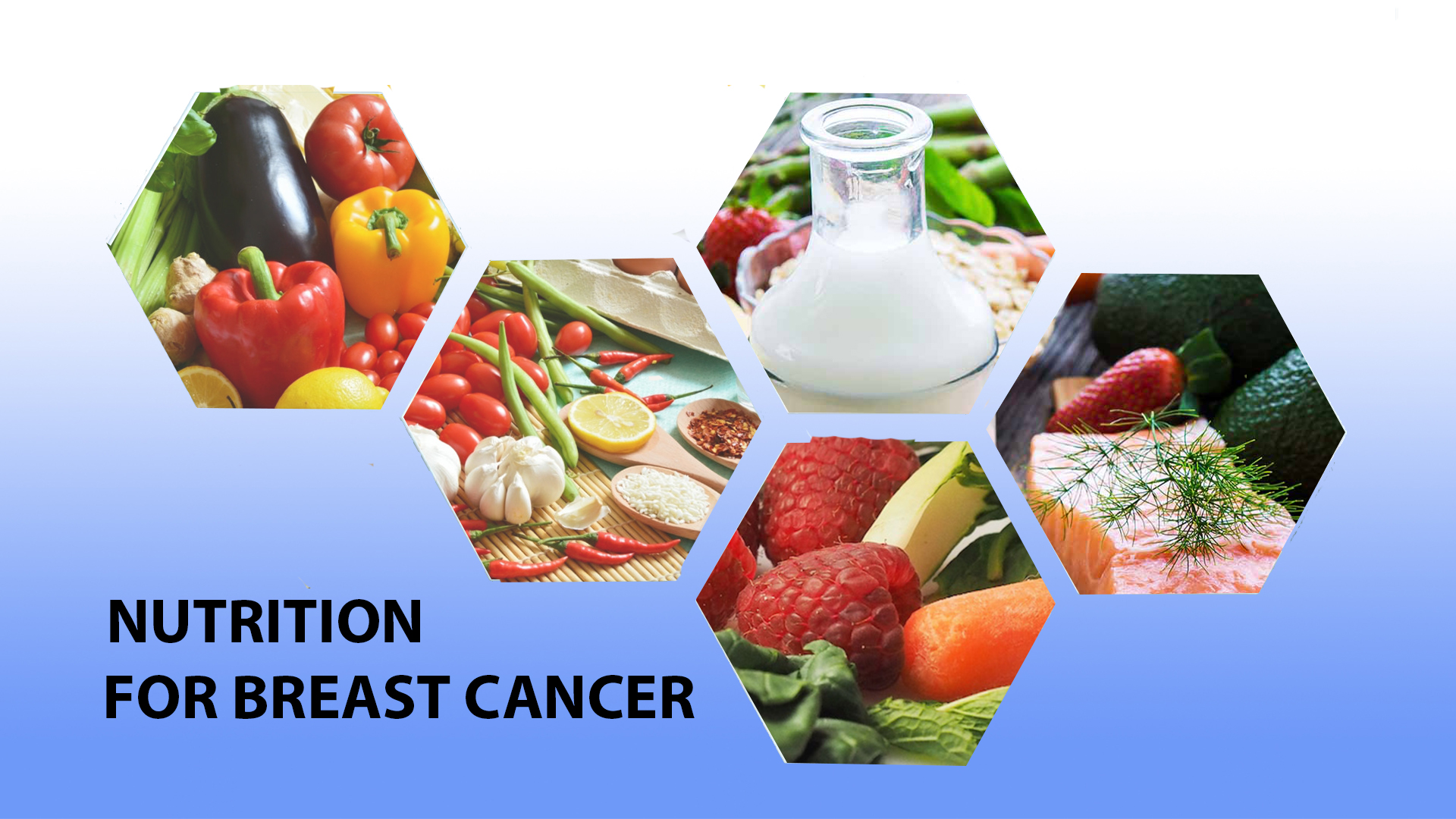
A major component of prevention is nutrition. By investigating particular foods and dietary practices that support breast health, we can offer even more context. Dietary recommendations and helpful hints are provided in 8 Ways to Prevent Breast Cancer.
Breast cancer. Just reading those words can make many women worry. And that’s natural. Nearly everyone knows someone touched by the disease.
But there is a lot of good news about breast cancer these days. Treatments keep getting better, and we know more than ever about ways to prevent the disease. These eight steps can help lower the risk of breast cancer. Not everyone applies to every woman, but most women will have some steps they can take to improve their breast health. And making even a single change can have benefit. your risk of breast cancer can be reduced.
1. Because it’s a common refrain, it’s simple to ignore, but everyone should strive to maintain a healthy weight. Particularly after menopause, being overweight can raise one’s risk of developing several malignancies, including breast cancer.
2. Engage in Exercise Frequent exercise is one of the healthiest things you can do. It can increase vitality and mood. It may support healthy weight management. Moreover, it can reduce the chance of developing a number of grave illnesses, such as breast cancer. Even if you can just spend 30 minutes a day exercising, any quantity is better than none.
3. Consume fruits and vegetables and stay away from alcohol Breast cancer risk can be decreased with a nutritious diet. Eat as many fruit and vegetables as you can, and drink in moderation. Even modest levels of drinking can raise the risk of breast cancer, even if moderate drinking can benefit older persons’ hearts. Additionally, abstaining from alcohol is the healthiest option overall due to its associated hazards.
4. Give Up Smoking In addition to the numerous other health hazards it poses, smoking is linked to at least 15 other malignancies, including breast cancer. Try to give up smoking as soon as you can. It’s nearly always possible to reap the rewards. You’re capable of it. Additionally, seeking assistance can enhance your chances of permanently quitting:
5. If at all possible, breastfeed Breastfeeding reduces the risk of breast cancer when done for all children for a period of one year or longer. The child’s health will also benefit greatly from it. Reach out to your pediatrician, the hospital, or the local health agency for assistance or information regarding breastfeeding.
6. Steer clear of birth control pills, especially if you smoke or are over 35.
Pill birth control has advantages as well as disadvantages. The hazards are smaller for younger women. Women who use birth control tablets run a slightly higher chance of developing breast cancer. This danger disappears as soon as the medication is stopped. While using the pill, a woman’s risk of heart attack and stroke is also elevated, especially if she smokes. Long-term use, however, can also have significant advantages, including as a decreased chance of uterine, colon, and ovarian cancers, as well as an avoided pregnancy. Thus, it also has a lot going for it. One way to reduce your chances of breast cancer if you’re really concerned about it is to not take birth control pills.
A major component of prevention is nutrition. By investigating particular foods and dietary practices that support breast health, we can offer even more context. Dietary recommendations and helpful hints are provided in 8 Ways to Prevent Breast Cancer.
Breast cancer. Just reading those words can make many women worry. And that’s natural. Nearly everyone knows someone touched by the disease.
But there is a lot of good news about breast cancer these days. Treatments keep getting better, and we know more than ever about ways to prevent the disease. These eight steps can help lower the risk of breast cancer. Not everyone applies to every woman, but most women will have some steps they can take to improve their breast health. And making even a single change can have benefit. your risk of breast cancer can be reduced.
1. Because it’s a common refrain, it’s simple to ignore, but everyone should strive to maintain a healthy weight. Particularly after menopause, being overweight can raise one’s risk of developing several malignancies, including breast cancer.
2. Engage in Exercise Frequent exercise is one of the healthiest things you can do. It can increase vitality and mood. It may support healthy weight management. Moreover, it can reduce the chance of developing a number of grave illnesses, such as breast cancer. Even if you can just spend 30 minutes a day exercising, any quantity is better than none.
3. Consume fruits and vegetables and stay away from alcohol Breast cancer risk can be decreased with a nutritious diet. Eat as many fruit and vegetables as you can, and drink in moderation. Even modest levels of drinking can raise the risk of breast cancer, even if moderate drinking can benefit older persons’ hearts. Additionally, abstaining from alcohol is the healthiest option overall due to its associated hazards.
4. Give Up Smoking In addition to the numerous other health hazards it poses, smoking is linked to at least 15 other malignancies, including breast cancer. Try to give up smoking as soon as you can. It’s nearly always possible to reap the rewards. You’re capable of it. Additionally, seeking assistance can enhance your chances of permanently quitting:
5. If at all possible, breastfeed Breastfeeding reduces the risk of breast cancer when done for all children for a period of one year or longer. The child’s health will also benefit greatly from it. Reach out to your pediatrician, the hospital, or the local health agency for assistance or information regarding breastfeeding.
6. Steer clear of birth control pills, especially if you smoke or are over 35.
Pill birth control has advantages as well as disadvantages. The hazards are smaller for younger women. Women who use birth control tablets run a slightly higher chance of developing breast cancer. This danger disappears as soon as the medication is stopped. While using the pill, a woman’s risk of heart attack and stroke is also elevated, especially if she smokes. Long-term use, however, can also have significant advantages, including as a decreased chance of uterine, colon, and ovarian cancers, as well as an avoided pregnancy. Thus, it also has a lot going for it. One way to reduce your chances of breast cancer if you’re really concerned about it is to not take birth control pills.
Maintain a Healthy Weight
Breast cancer. Just reading those words can make many women worry. And that’s natural. Nearly everyone knows someone touched by the disease.
But there is a lot of good news about breast cancer these days. Treatments keep getting better, and we know more than ever about ways to prevent the disease. These eight steps can help lower the risk of breast cancer. Not everyone applies to every woman, but most women will have some steps they can take to improve their breast health. And making even a single change can have benefit. your risk of breast cancer can be reduced.
1. Because it’s a common refrain, it’s simple to ignore, but everyone should strive to maintain a healthy weight. Particularly after menopause, being overweight can raise one’s risk of developing several malignancies, including breast cancer.
2. Engage in Exercise Frequent exercise is one of the healthiest things you can do. It can increase vitality and mood. It may support healthy weight management. Moreover, it can reduce the chance of developing a number of grave illnesses, such as breast cancer. Even if you can just spend 30 minutes a day exercising, any quantity is better than none.
3. Consume fruits and vegetables and stay away from alcohol Breast cancer risk can be decreased with a nutritious diet. Eat as many fruit and vegetables as you can, and drink in moderation. Even modest levels of drinking can raise the risk of breast cancer, even if moderate drinking can benefit older persons’ hearts. Additionally, abstaining from alcohol is the healthiest option overall due to its associated hazards.
4. Give Up Smoking In addition to the numerous other health hazards it poses, smoking is linked to at least 15 other malignancies, including breast cancer. Try to give up smoking as soon as you can. It’s nearly always possible to reap the rewards. You’re capable of it. Additionally, seeking assistance can enhance your chances of permanently quitting:
5. If at all possible, breastfeed Breastfeeding reduces the risk of breast cancer when done for all children for a period of one year or longer. The child’s health will also benefit greatly from it. Reach out to your pediatrician, the hospital, or the local health agency for assistance or information regarding breastfeeding.
6. Steer clear of birth control pills, especially if you smoke or are over 35.
Pill birth control has advantages as well as disadvantages. The hazards are smaller for younger women. Women who use birth control tablets run a slightly higher chance of developing breast cancer. This danger disappears as soon as the medication is stopped. While using the pill, a woman’s risk of heart attack and stroke is also elevated, especially if she smokes. Long-term use, however, can also have significant advantages, including as a decreased chance of uterine, colon, and ovarian cancers, as well as an avoided pregnancy. Thus, it also has a lot going for it. One way to reduce your chances of breast cancer if you’re really concerned about it is to not take birth control pills.
Maintain a Healthy Weight
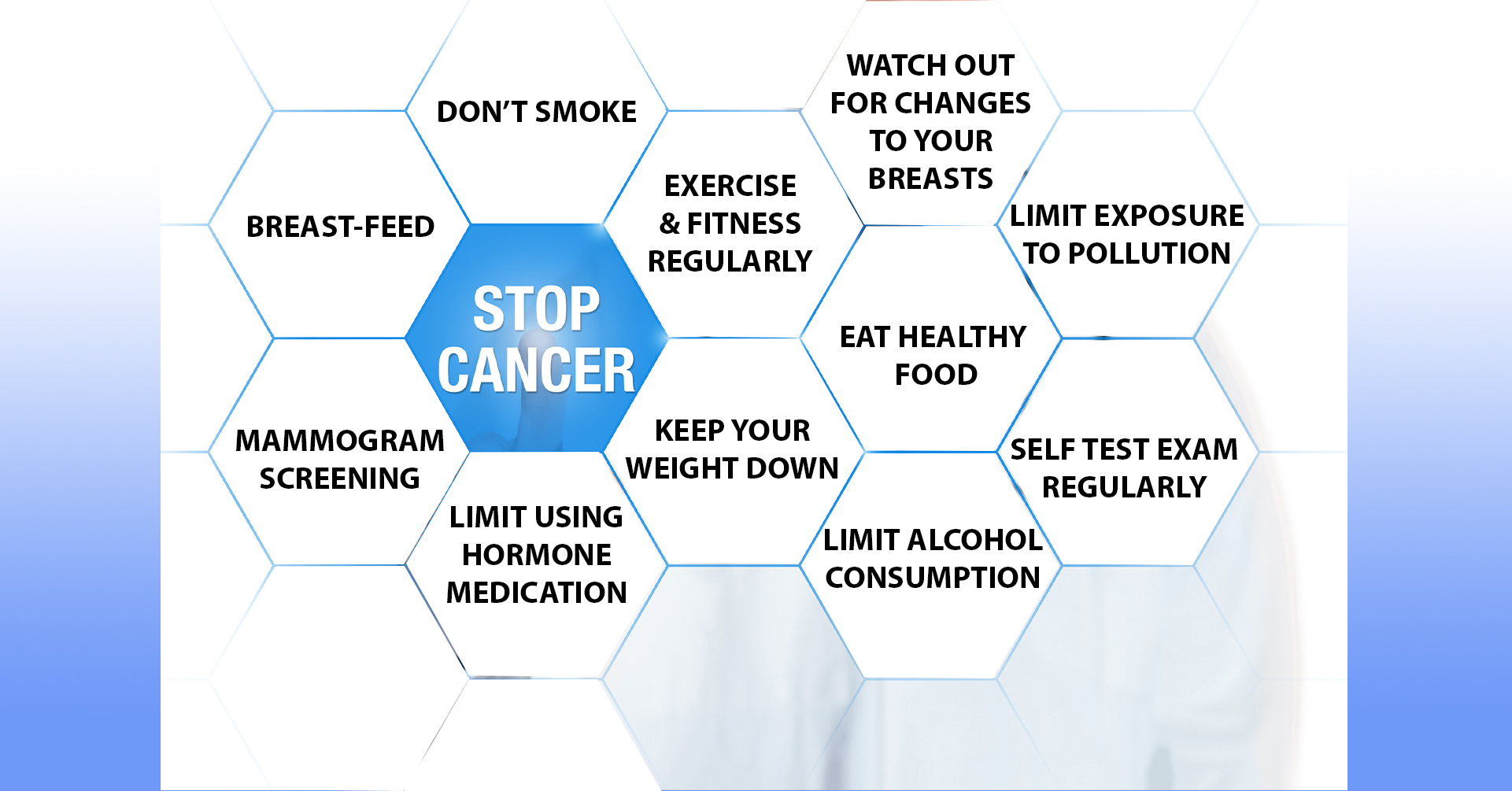

A major component of prevention is nutrition. By investigating particular foods and dietary practices that support breast health, we can offer even more context. Dietary recommendations and helpful hints are provided in 8 Ways to Prevent Breast Cancer.
Breast cancer. Just reading those words can make many women worry. And that’s natural. Nearly everyone knows someone touched by the disease.
But there is a lot of good news about breast cancer these days. Treatments keep getting better, and we know more than ever about ways to prevent the disease. These eight steps can help lower the risk of breast cancer. Not everyone applies to every woman, but most women will have some steps they can take to improve their breast health. And making even a single change can have benefit. your risk of breast cancer can be reduced.
1. Because it’s a common refrain, it’s simple to ignore, but everyone should strive to maintain a healthy weight. Particularly after menopause, being overweight can raise one’s risk of developing several malignancies, including breast cancer.
2. Engage in Exercise Frequent exercise is one of the healthiest things you can do. It can increase vitality and mood. It may support healthy weight management. Moreover, it can reduce the chance of developing a number of grave illnesses, such as breast cancer. Even if you can just spend 30 minutes a day exercising, any quantity is better than none.
3. Consume fruits and vegetables and stay away from alcohol Breast cancer risk can be decreased with a nutritious diet. Eat as many fruit and vegetables as you can, and drink in moderation. Even modest levels of drinking can raise the risk of breast cancer, even if moderate drinking can benefit older persons’ hearts. Additionally, abstaining from alcohol is the healthiest option overall due to its associated hazards.
4. Give Up Smoking In addition to the numerous other health hazards it poses, smoking is linked to at least 15 other malignancies, including breast cancer. Try to give up smoking as soon as you can. It’s nearly always possible to reap the rewards. You’re capable of it. Additionally, seeking assistance can enhance your chances of permanently quitting:
5. If at all possible, breastfeed Breastfeeding reduces the risk of breast cancer when done for all children for a period of one year or longer. The child’s health will also benefit greatly from it. Reach out to your pediatrician, the hospital, or the local health agency for assistance or information regarding breastfeeding.
6. Steer clear of birth control pills, especially if you smoke or are over 35.
Pill birth control has advantages as well as disadvantages. The hazards are smaller for younger women. Women who use birth control tablets run a slightly higher chance of developing breast cancer. This danger disappears as soon as the medication is stopped. While using the pill, a woman’s risk of heart attack and stroke is also elevated, especially if she smokes. Long-term use, however, can also have significant advantages, including as a decreased chance of uterine, colon, and ovarian cancers, as well as an avoided pregnancy. Thus, it also has a lot going for it. One way to reduce your chances of breast cancer if you’re really concerned about it is to not take birth control pills.
Maintain a Healthy Weight

7. Refrain from Menopausal Hormone Treatment
Long-term use of menopausal hormone treatment to avoid chronic illnesses is not advised. According to studies, it has a conflicting impact on health, raising some people’s risk of certain illnesses while lowering others. Breast cancer risk is also increased by estrogen-only and estrogen-plus-progestin hormones.
Women who do receive menopausal hormone therapy ought to do so for as little period as feasible. Your doctor is the ideal person to discuss the advantages and disadvantages of menopausal hormone therapy with.

Written by
7. Refrain from Menopausal Hormone Treatment
Long-term use of menopausal hormone treatment to avoid chronic illnesses is not advised. According to studies, it has a conflicting impact on health, raising some people’s risk of certain illnesses while lowering others. Breast cancer risk is also increased by estrogen-only and estrogen-plus-progestin hormones.
Women who do receive menopausal hormone therapy ought to do so for as little period as feasible. Your doctor is the ideal person to discuss the advantages and disadvantages of menopausal hormone therapy with.

Written by
8. Raloxifene with Tamoxifen for High-Risk Women
Taking the prescription medications tamoxifen and raloxifene can greatly lessen the incidence of breast cancer in women at high risk of the illness, even though these medications are not typically seen of as “healthy behaviours.”
These potent medications, which have been approved by the FDA for the prevention of breast cancer, may cause negative effects, so not everyone should use them. See your doctor to see whether raloxifene or tamoxifene is the best medication for you if you believe you are at high risk.
8. Raloxifene with Tamoxifen for High-Risk Women
Taking the prescription medications tamoxifen and raloxifene can greatly lessen the incidence of breast cancer in women at high risk of the illness, even though these medications are not typically seen of as “healthy behaviours.”
These potent medications, which have been approved by the FDA for the prevention of breast cancer, may cause negative effects, so not everyone should use them. See your doctor to see whether raloxifene or tamoxifene is the best medication for you if you believe you are at high risk.
Maintain a Healthy Weight

7. Refrain from Menopausal Hormone Treatment
Long-term use of menopausal hormone treatment to avoid chronic illnesses is not advised. According to studies, it has a conflicting impact on health, raising some people’s risk of certain illnesses while lowering others. Breast cancer risk is also increased by estrogen-only and estrogen-plus-progestin hormones.
Women who do receive menopausal hormone therapy ought to do so for as little period as feasible. Your doctor is the ideal person to discuss the advantages and disadvantages of menopausal hormone therapy with.

Written by
8. Raloxifene with Tamoxifen for High-Risk Women
Taking the prescription medications tamoxifen and raloxifene can greatly lessen the incidence of breast cancer in women at high risk of the illness, even though these medications are not typically seen of as “healthy behaviours.”
These potent medications, which have been approved by the FDA for the prevention of breast cancer, may cause negative effects, so not everyone should use them. See your doctor to see whether raloxifene or tamoxifene is the best medication for you if you believe you are at high risk.
8. Raloxifene with Tamoxifen for High-Risk Women
Taking the prescription medications tamoxifen and raloxifene can greatly lessen the incidence of breast cancer in women at high risk of the illness, even though these medications are not typically seen of as “healthy behaviours.”
These potent medications, which have been approved by the FDA for the prevention of breast cancer, may cause negative effects, so not everyone should use them. See your doctor to see whether raloxifene or tamoxifene is the best medication for you if you believe you are at high risk.
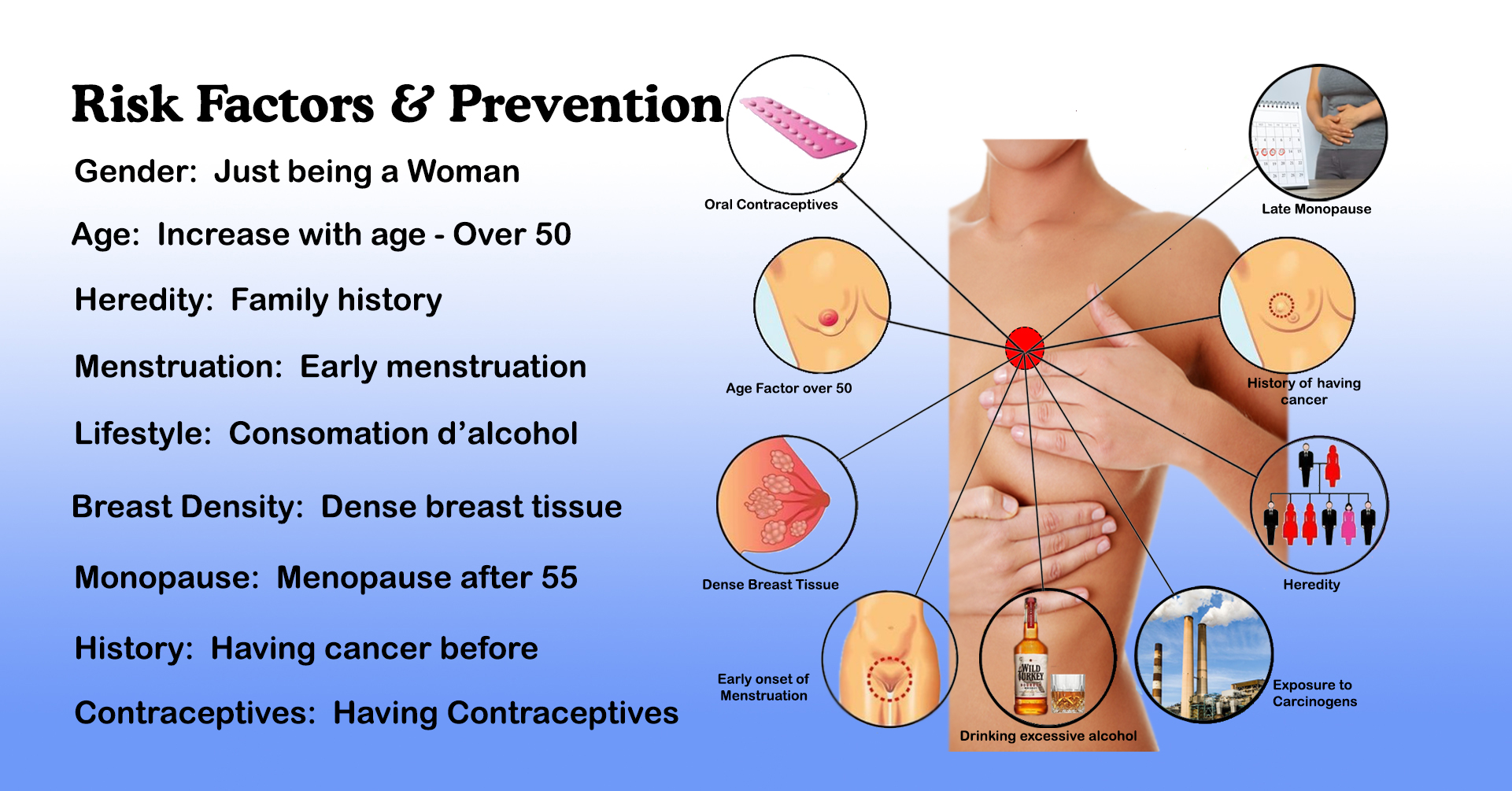
DON’T FORGET MAMMOGRAMS
Mammograms Early Detection-Breast Cancer
Remember to have mammograms for breast cancer screening since it can save lives. While it cannot prevent cancer, it can aid in its early detection and more manageable treatment.
- Starting at age 40, the majority of women should have annual mammograms.
- Mammograms may need to begin earlier for women who are more likely to develop breast cancer. Thus, by the time you are 30 years old, it is essential to discuss any potential risk factors for breast cancer with a doctor and see if an early screening may be beneficial.
- It is not advised to perform routine breast self-examinations for screening. They have not been discovered to be beneficial. However, you should remain aware of your breasts and promptly notify a healthcare professional if you observe any changes in their appearance or feel.
Unfortunately, there are a number of important breast cancer risk factors that women have no control over. Knowing which ones apply to you can help you understand your risk and the steps you can take to lower or manage it. Talk to a doctor or other healthcare professional about these risk factors and your overall risk of breast cancer.
Other Important Risk Factors – Breast Cancer
- Older age, especially 60 years or over
- Family history of breast cancer
- Radiation therapy to chest area
- First menstrual period before age 12
- Menopause at age 55 or over
- First childbirth after age 35
- Never given birth
- Dense breasts
- History of certain types of benign breast disease
(like atypical hyperplasia)
Know Your Risk. Change Your Future
get a personal estimate of your breast cancer risk and custom prevention tips.
By the time you are 30 years old, it is essential to discuss any potential risk factors for breast cancer with a doctor.. and see if an early screening may be beneficial.
Thank you for your attention, and let’s stand together in the fight against breast cancer! Remember, knowledge is power, and prevention begins with each one of us.

Nutrition and Its Impact.
Nutrition is a key player in prevention. We can add an extra layer by exploring specific foods and dietary habits that promote breast health. 8 Ways to Prevent Breast Cancer provides practical tips and dietary guidelines.
A major component of prevention is nutrition. By investigating particular foods and dietary practices that support breast health, we can offer even more context. Dietary recommendations and helpful hints are provided in 8 Ways to Prevent Breast Cancer.
My #1 Recommendation for a good nutrition if you have a breast cancer diagnostic:

DON’T FORGET MAMMOGRAMS
Mammograms Early Detection-Breast Cancer
Remember to have mammograms for breast cancer screening since it can save lives. While it cannot prevent cancer, it can aid in its early detection and more manageable treatment.
- Starting at age 40, the majority of women should have annual mammograms.
- Mammograms may need to begin earlier for women who are more likely to develop breast cancer. Thus, by the time you are 30 years old, it is essential to discuss any potential risk factors for breast cancer with a doctor and see if an early screening may be beneficial.
- It is not advised to perform routine breast self-examinations for screening. They have not been discovered to be beneficial. However, you should remain aware of your breasts and promptly notify a healthcare professional if you observe any changes in their appearance or feel.
Unfortunately, there are a number of important breast cancer risk factors that women have no control over. Knowing which ones apply to you can help you understand your risk and the steps you can take to lower or manage it. Talk to a doctor or other healthcare professional about these risk factors and your overall risk of breast cancer.
Other Important Risk Factors – Breast Cancer
- Older age, especially 60 years or over
- Family history of breast cancer
- Radiation therapy to chest area
- First menstrual period before age 12
- Menopause at age 55 or over
- First childbirth after age 35
- Never given birth
- Dense breasts
- History of certain types of benign breast disease
(like atypical hyperplasia)
Know Your Risk. Change Your Future
get a personal estimate of your breast cancer risk and custom prevention tips.
By the time you are 30 years old, it is essential to discuss any potential risk factors for breast cancer with a doctor.. and see if an early screening may be beneficial.
Thank you for your attention, and let’s stand together in the fight against breast cancer! Remember, knowledge is power, and prevention begins with each one of us.

Nutrition and Its Impact.
Nutrition is a key player in prevention. We can add an extra layer by exploring specific foods and dietary habits that promote breast health. 8 Ways to Prevent Breast Cancer provides practical tips and dietary guidelines.
A major component of prevention is nutrition. By investigating particular foods and dietary practices that support breast health, we can offer even more context. Dietary recommendations and helpful hints are provided in 8 Ways to Prevent Breast Cancer.
My #1 Recommendation for a good nutrition if you have a breast cancer diagnostic:
Carcinoma of the breast
Many ladies get anxious just by reading those words. That makes sense. Everyone knows someone who has been affected by the illness. However, there is a lot of positive news these days regarding breast cancer. We now have more knowledge than ever on illness prevention strategies, and treatments are constantly improving. By taking these eight actions, your risk of breast cancer can be reduced. While not all women will benefit from every intervention, most women can take certain actions to enhance their breast health. Furthermore, even a small adjustment can be advantageous.
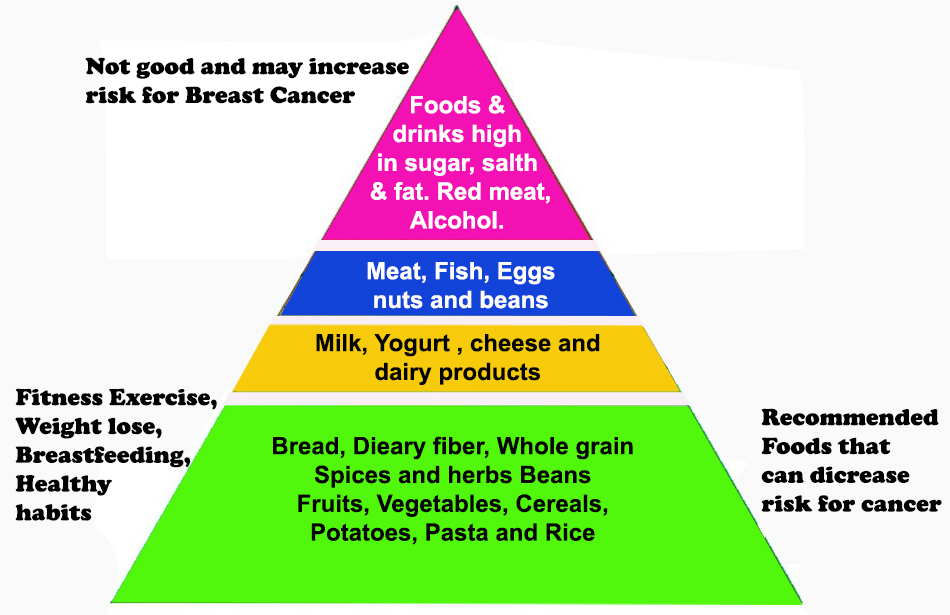
Related Articles
Related

Carcinoma of the breast
Many ladies get anxious just by reading those words. That makes sense. Everyone knows someone who has been affected by the illness. However, there is a lot of positive news these days regarding breast cancer. We now have more knowledge than ever on illness prevention strategies, and treatments are constantly improving. By taking these eight actions, your risk of breast cancer can be reduced. While not all women will benefit from every intervention, most women can take certain actions to enhance their breast health. Furthermore, even a small adjustment can be advantageous.

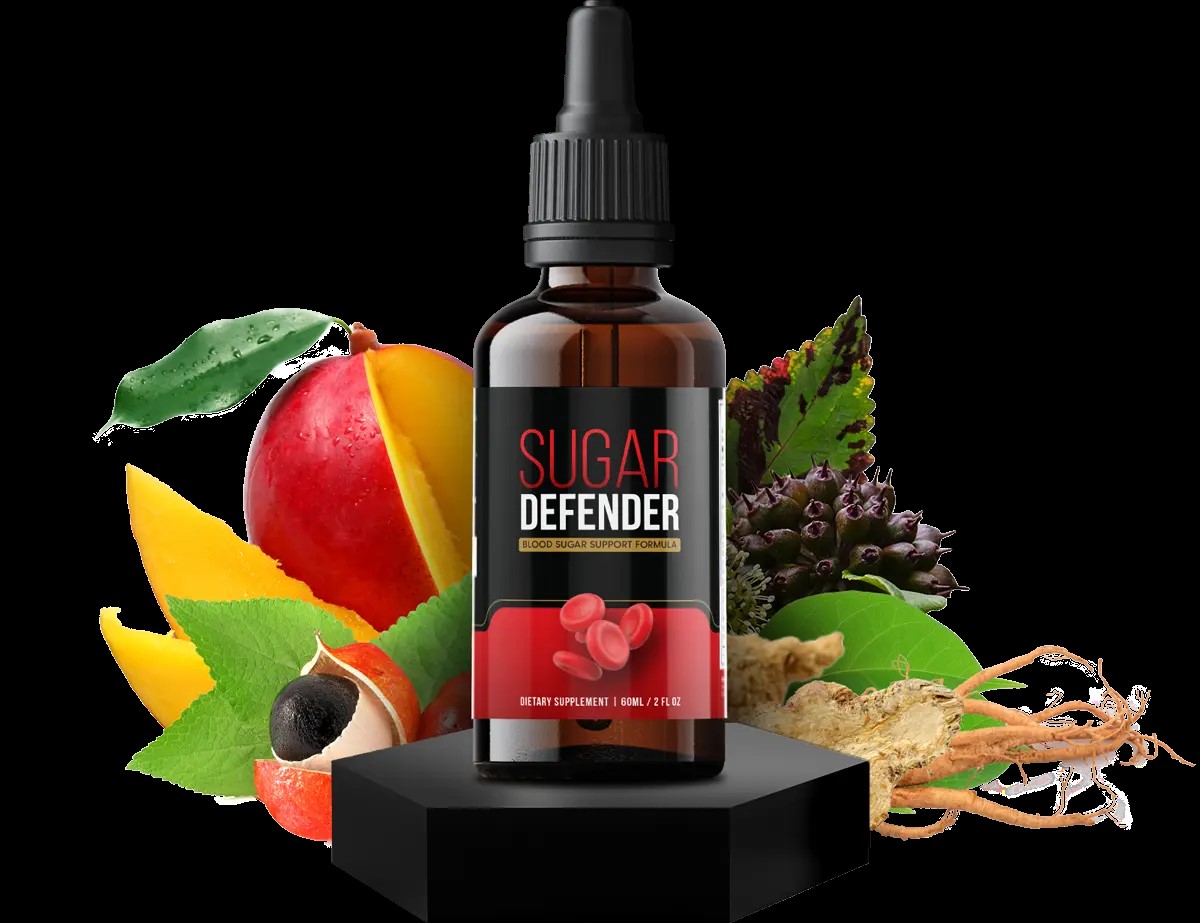
Related Articles
Related

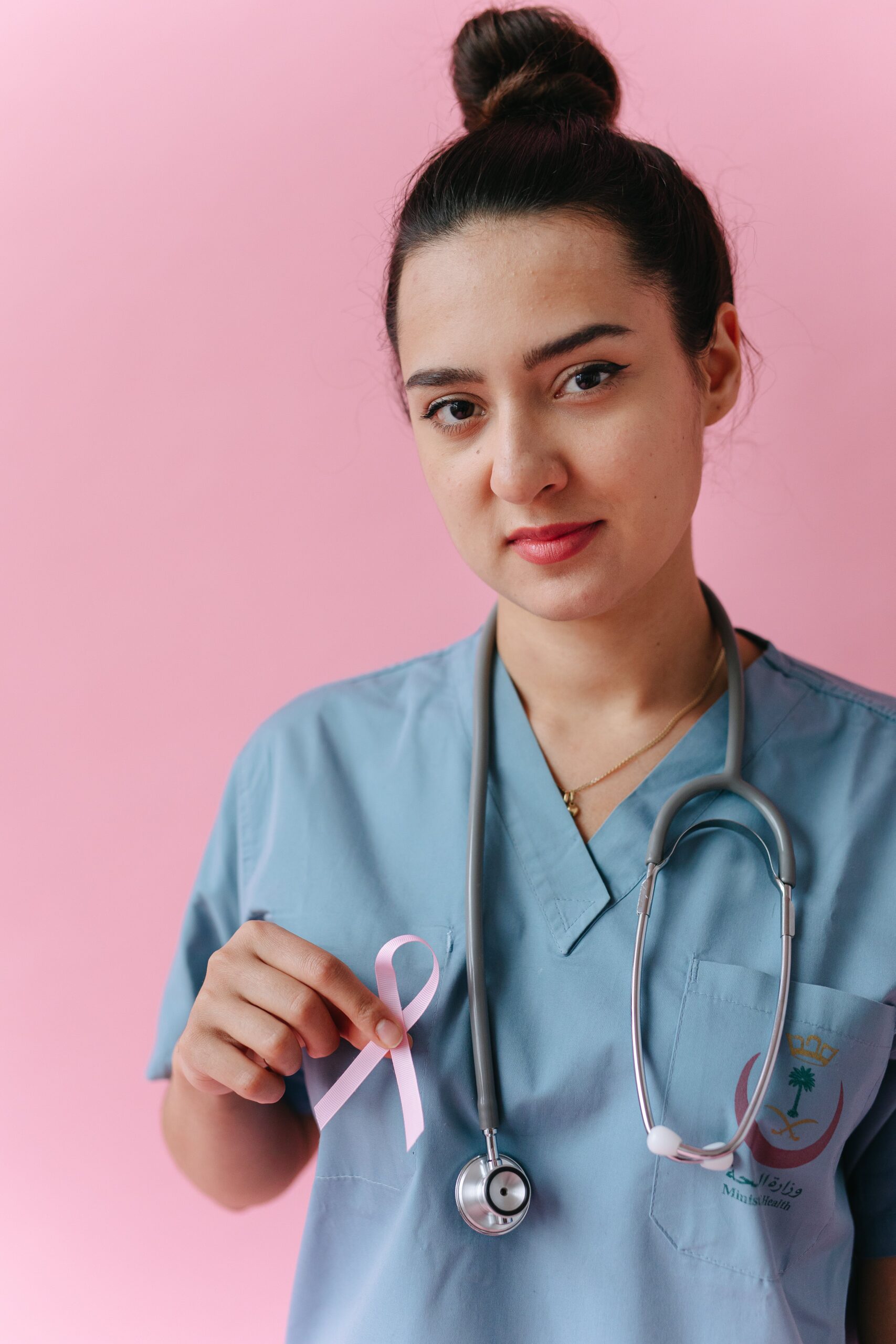
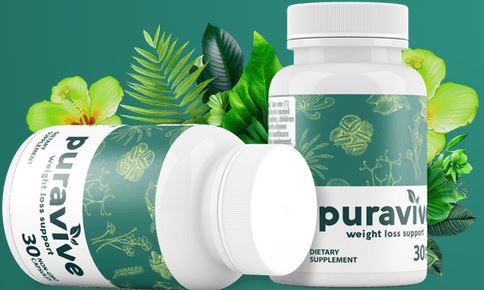
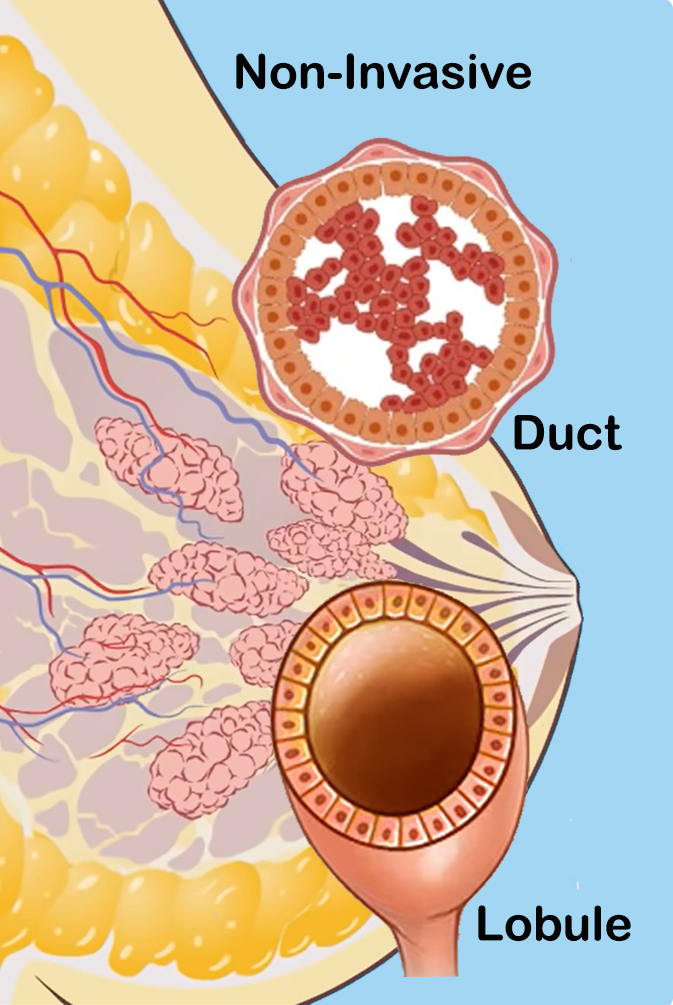
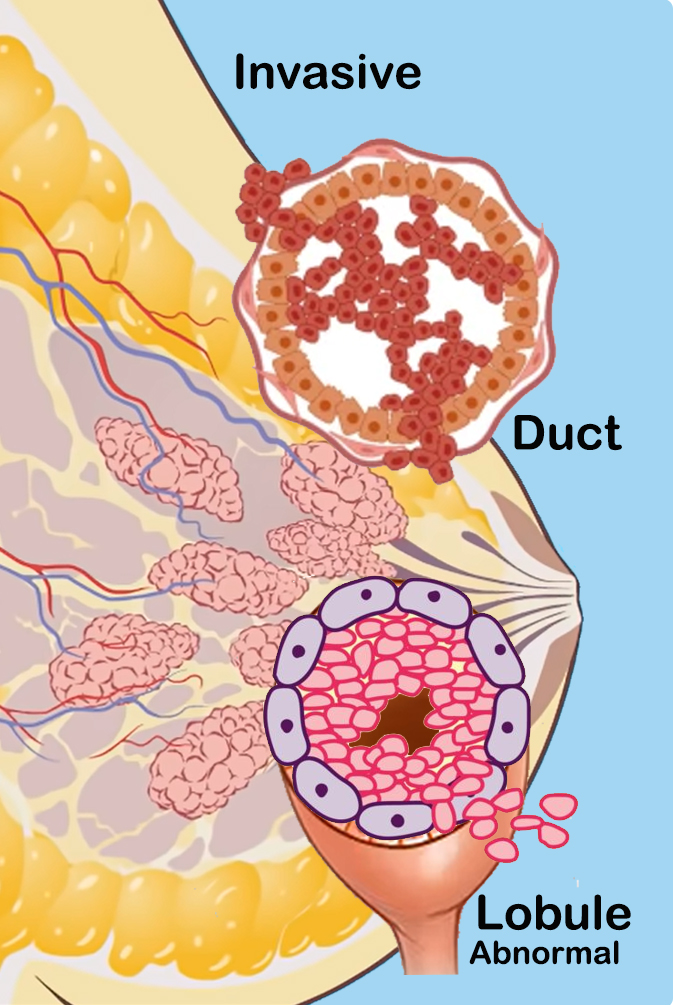

Recent Comments